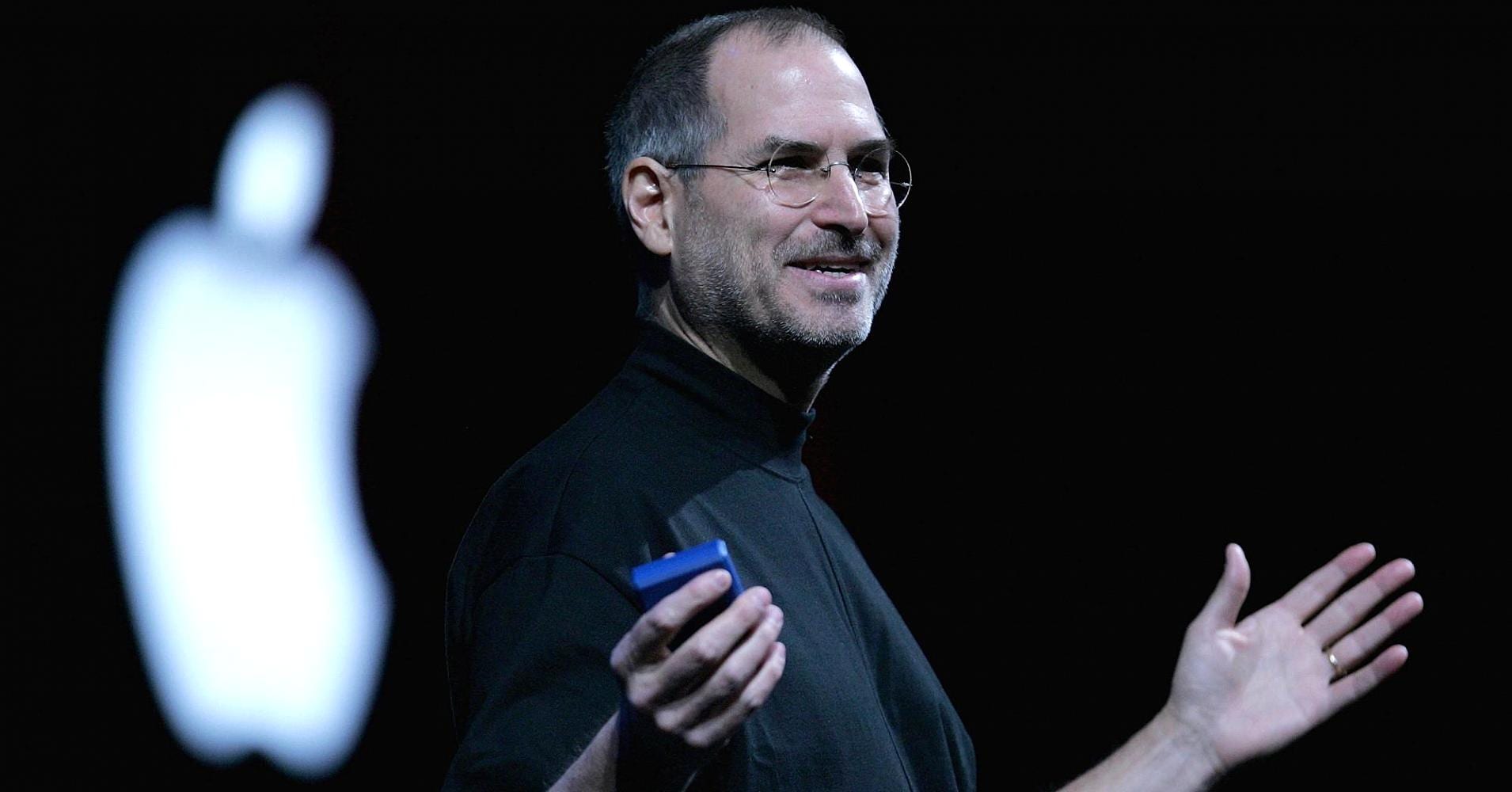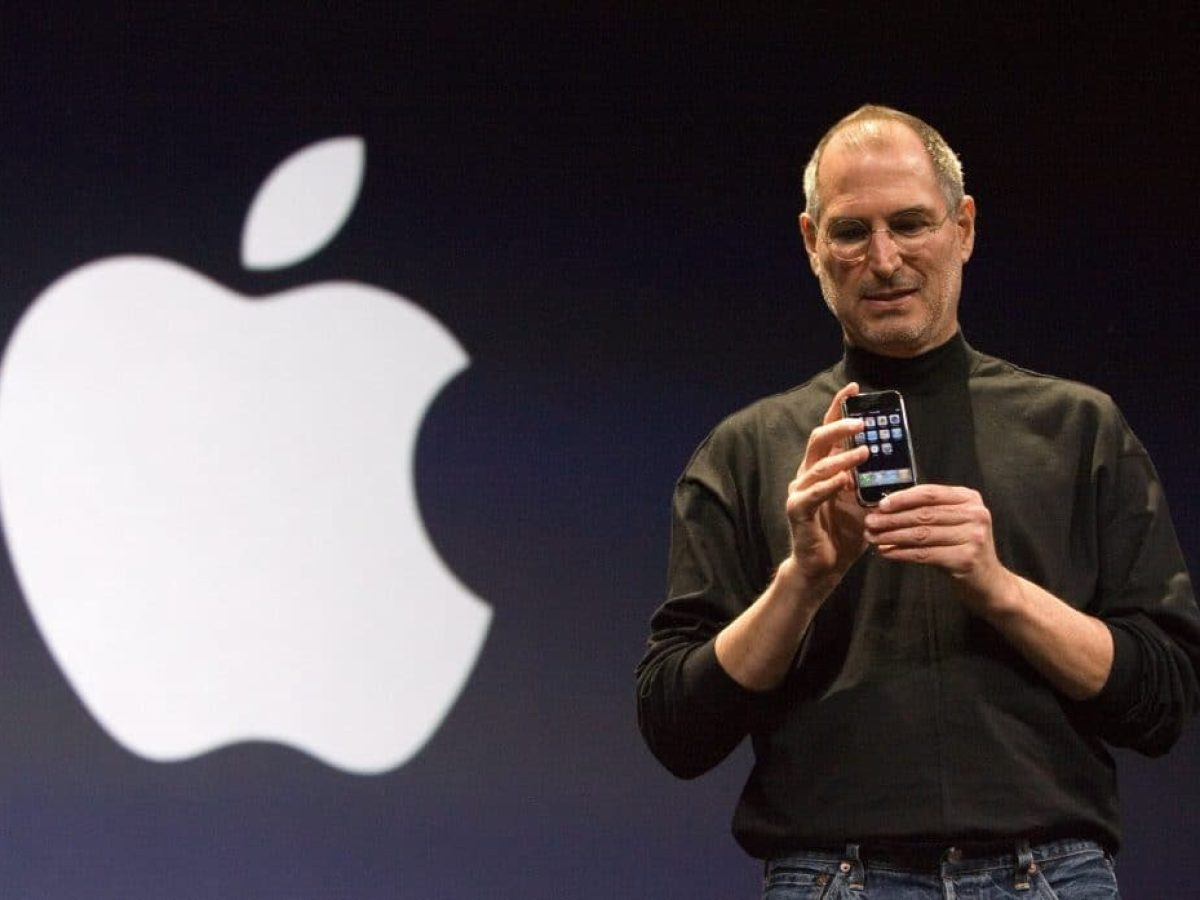The history of business is filled with inspiring examples of entrepreneurs who not only built successful companies but also completely transformed the industries in which they operated. These visionaries refused to follow the status quo; instead, they challenged norms, introduced revolutionary innovations, and left a lasting legacy. Let’s explore the journey of seven entrepreneurs who forever changed the sectors they impacted.
1. Steve Jobs: revolutionizing technology and design

Industry: Technology and consumer electronics
Innovation: When it comes to technological innovation, it’s impossible not to mention Steve Jobs. As the co-founder of Apple, Jobs transformed the way we interact with technology. From launching the first affordable personal computer, the Apple II, to revolutionizing smartphones with the iPhone, Jobs excelled at anticipating consumer needs and creating products that both met these needs and defined new product categories.
Impact: Under Jobs’ leadership, Apple not only became one of the world’s most valuable companies but also deeply influenced the design and functionality of consumer electronics. The iPhone, in particular, redefined what we expect from a mobile phone, introducing features like touchscreens, an app store, and sleek design.
Legacy: Jobs left a legacy of innovation, focusing on products that uniquely combined design and functionality. His impact is felt across virtually every technological device we use today.
2. Jeff Bezos: reinventing retail with Amazon

Industry: E-commerce and logistics
Innovation: Jeff Bezos, the founder of Amazon, started with a simple idea: to create an online bookstore. However, his vision went far beyond that. Bezos aimed to build “the everything store,” a marketplace offering a wide range of products with convenience and speed.
Impact: Amazon revolutionized shopping and transformed logistics by introducing Amazon Prime, a fast-delivery service that reshaped consumer expectations. Additionally, with the launch of Amazon Web Services (AWS), Bezos helped popularize cloud computing, now a critical part of the global digital infrastructure.
Legacy: Bezos revolutionized retail, setting new standards for consumer convenience and establishing a business model that many companies strive to emulate.
3. Elon Musk: shaping the future with Tesla and SpaceX

Industry: Automotive, energy, and space exploration
Innovation: Elon Musk’s ambition spans multiple industries. With Tesla, he transformed the automotive sector, accelerating the adoption of electric vehicles and proving they could be as desirable—if not more so—than combustion-engine cars. With SpaceX, Musk is rewriting the rules of space exploration, developing reusable rockets and planning missions to Mars.
Impact: Tesla leads the electric vehicle revolution and drives innovations in sustainable energy with solar panels and battery storage solutions. SpaceX has drastically reduced the cost of satellite launches and is paving the way for private space exploration.
Legacy: Musk is considered one of the greatest innovators of our time, with profound influence in the automotive and aerospace industries, as well as in conversations about sustainability and humanity’s future.
4. Oprah Winfrey: redefining media and empowerment

Industry: Media and entertainment
Innovation: Oprah Winfrey is not just a TV host; she’s a business powerhouse and cultural icon. Through The Oprah Winfrey Show, she created a new type of talk show that blended entertainment with deep social and personal topics. Oprah also became a champion of personal empowerment and literacy by launching a book club that influenced millions.
Impact: Oprah transformed daytime television and became one of the world’s most influential women. Her ability to address difficult topics with empathy and intelligence redefined talk shows. Her ventures into film production, magazines, and her own television network expanded her influence even further.
Legacy: Oprah’s legacy is one of empowerment and inspiration, showing how media can be a positive force for personal and social change.
5. Howard Schultz: transforming coffee with Starbucks

Industry: Food and beverage
Innovation: Howard Schultz, former CEO of Starbucks, turned a small chain of coffee shops into a global brand, redefining the coffee experience. Schultz wasn’t just selling coffee; he was selling an experience. He popularized the concept of the “third place”—a space between home and work where people could relax and socialize.
Impact: Under Schultz’s leadership, Starbucks expanded worldwide, influencing coffee culture across countries and creating a new business category. Schultz also pioneered corporate social responsibility initiatives, such as ethical coffee sourcing and employee benefits.
Legacy: Schultz demonstrated that businesses can balance profit with purpose, turning coffee from a mere commodity into a desirable branded experience.
6. Richard Branson: disrupting industries with the Virgin group

Industry: Aviation, music, telecommunications, space tourism
Innovation: Richard Branson, founder of the Virgin Group, operates across diverse industries, from airlines and telecommunications to space tourism. Branson is known for his bold and unconventional business approach, often entering markets dominated by large players and transforming them through innovation and customer service.
Impact: Virgin Atlantic, for instance, revolutionized the airline industry with a focus on customer experience. With Virgin Galactic, Branson is leading efforts in space tourism, bringing the dream of space travel closer to reality for civilians.
Legacy: Branson is regarded as one of the most daring and innovative entrepreneurs, with a diverse portfolio of businesses that have reshaped multiple industries.
7. Sara Blakely: innovating fashion with Spanx
:max_bytes(150000):strip_icc():focal(749x0:751x2)/sara-blakely-082923-tout-ad4122e921d94c0a91b415d824e5372b.jpg)
Industry: Fashion and apparel
Innovation: Sara Blakely founded Spanx with just $5,000, but her idea for shapewear revolutionized the intimate apparel industry. Blakely identified a market need for comfortable, discreet, and effective undergarments and developed a product that quickly became a favorite among women.
Impact: Spanx not only transformed the shapewear category but also influenced fashion as a whole by redefining what women expect from their undergarments. The success of Spanx highlighted the importance of product innovation and female entrepreneurship.
Legacy: Blakely inspired a new generation of female entrepreneurs, proving that innovation and creative thinking can disrupt even well-established industries.
These seven entrepreneurs not only built successful businesses but also transformed entire industries, leaving a lasting impact on how we live and work. Their stories serve as inspiration for anyone seeking to make a meaningful difference in their field.
Frequently asked questions (FAQ)
Who are some of the greatest entrepreneurs who transformed entire industries?
Some of the greatest entrepreneurs include Steve Jobs, Jeff Bezos, Elon Musk, Oprah Winfrey, Howard Schultz, Richard Branson, and Sara Blakely.
How did these entrepreneurs transform their industries?
They identified unmet market needs, innovated products and services, and redefined the customer experience in their sectors.
What is the lasting impact of these entrepreneurs?
Their impact includes introducing new technologies, creating new business models, enhancing customer experiences, and inspiring future entrepreneurs.
How does innovation play a role in transforming industries?
Innovation enables entrepreneurs to challenge the status quo, introduce more efficient solutions, and create new market demands.
What is the importance of the legacy left by these entrepreneurs?
Their legacy serves as a model for future leaders, showing how vision, courage, and innovation can transform industries. They also inspire cultural and social change, promote corporate responsibility, and encourage entrepreneurship worldwide.
What lessons can we learn from these entrepreneurs about innovation and success?
They teach that innovation is not just about technology but also about meeting consumer needs in new ways. They demonstrate that taking risks, challenging norms, and being persistent in the face of obstacles are key to success and leaving a lasting legacy.
How can I apply these entrepreneurs’ lessons to my own business?
Start by identifying a problem or need in your industry and look for innovative solutions. Focus on creating value for customers and be willing to adapt based on market feedback. Additionally, cultivate a resilient mindset and remain open to learning and evolving, just like these great leaders did.
These entrepreneurs not only changed their own lives but also transformed the world around them. By learning from their stories, you can be inspired to follow in their footsteps and make a significant difference in your career and industry.




